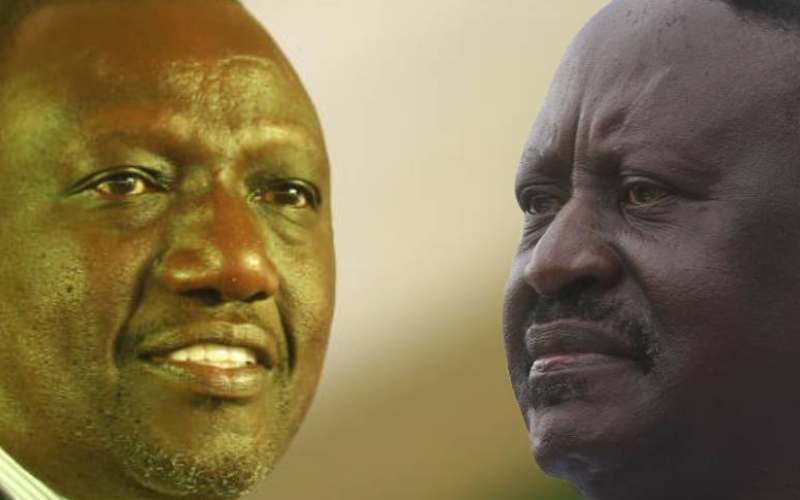×
The Standard e-Paper
Home To Bold Columnists

The Kenya Revenue Authority (KRA) last week announced its full year revenue collection figures and the amount they collected was unprecedented.
The taxman managed to collect Sh2.031 trillion – a first in the country. The amount was Sh148.9 billion above their original target. However, it falls short of the Sh3.3 trillion budget the National Treasury has planned to spend in the next one year.